The principle of continuity of power in time of war was discussed at a roundtable
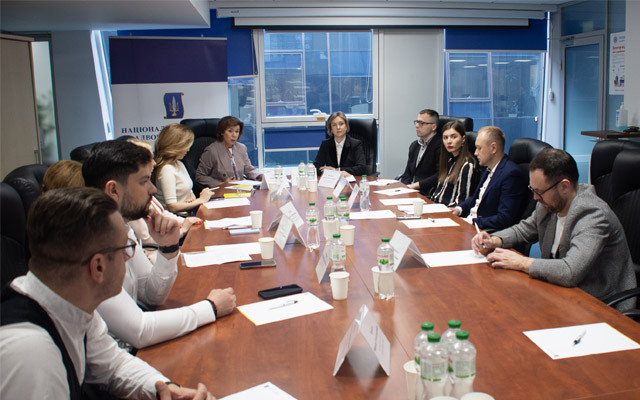
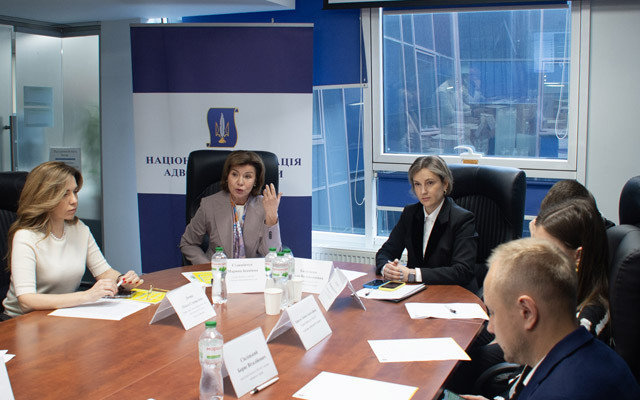
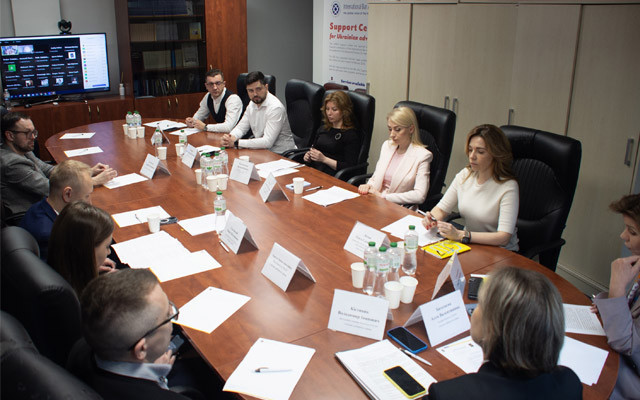
Observance of the principle of institutional continuity of power in Ukraine is extremely important in the current military situation, as depriving the Ukrainian government of its legitimacy is one of the obvious priorities of the aggressor not only for propaganda but also for discrediting it in the international arena.
This conclusion was reached by the participants of the roundtable discussion «The Principle of Institutional Continuity of Power in Ukraine: Challenges in the Context of Martial Law and the Post-War Period» organized by the UNBA Committees on Electoral Law and Rule of Law.
During the round table, the following issues were discussed:
1. Legislative regulation of the institution of continuity of power in the context of national and international standards: parliamentary and presidential dimensions;
2. The role of constitutional control bodies in terms of official interpretation of the issues of continuity of power;
3. Law enforcement practice on the institutional framework for the continuity of power: court opinions, CEC practice, etc.
The event was attended by members of the NAAU committees, MPs of Ukraine, the Head of the Administrative Court of Cassation of the Supreme Court, members of the Central Election Commission of Ukraine, academics, representatives of the International Foundation for Electoral Systems IFES and the NGO Center for Political and Legal Reforms. The event was attended by students of Taras Shevchenko National University of Kyiv.
Maryna Stavniychuk, Chairman of the Rule of Law Committee, outlined in detail the issue of standards for the organization of state power in wartime. The speaker described the legal basis of the continuum as a principle of international law. The speaker noted that the Constitution of Ukraine provides an exhaustive answer to the question of ensuring the principle of institutional continuity of power in the context of systematic interpretation of the Constitution of Ukraine.
Mykhailo Smokovych, Chairman of the Administrative Court of Cassation within the Supreme Court, emphasized that the principle of institutional continuity of power is contained in the provisions of the Constitution of Ukraine, in particular, regarding the powers of the Verkhovna Rada of Ukraine and the powers of the President of Ukraine. He also emphasized that the issue of continuity of power also applies to other state authorities, in particular, the judiciary.
Oleksandr Kachura, Deputy Chairman of the Verkhovna Rada Committee on Organization of State Power, Local Self-Government, Regional Development and Urban Planning, outlined the importance of ensuring the principle of institutional continuity of power and noted the need to obtain the position of the Constitutional Court of Ukraine on the official interpretation of this issue in wartime.
Andriy Yevstigneev, a member of the Central Election Commission of Ukraine and the Council of the Committee on Electoral Law spoke about the CEC's law enforcement practice regarding the powers of public authorities at different levels and the problem of suspending electoral processes for the election of deputies at different levels.
Olga Lotiuk, Chairman of the Department of Constitutional Law at the Taras Shevchenko National University of Kyiv, devoted a significant part of her report to the principles that form the basis of the constitutional order in Ukraine, paying special attention to the decisions of the Constitutional Court of Ukraine.
Oksana Vasylchenko, Professor of the Department of Constitutional Law at Taras Shevchenko National University of Kyiv and member of the Board of the UNBA Committee on Election Law, analyzed the issue of the official interpretation of the problem of institutional continuity of power by the Constitutional Court of Ukraine. At the same time, the speaker emphasized the need to form the judges of the constitutional control body as soon as possible.
Borys Siklitskyi, a member of the Council of the Committee on Electoral Law, spoke about the legal positions of the continuity of power, in particular, the study of the practice of international judicial institutions.
Tetyana Saviak, a member of the Electoral Law Committee's Council, made a presentation on the legislative regulation of the institution of the continuity of power in the context of the powers of the President of Ukraine. The speaker analyzed the content of the relevant provisions of the Constitution of Ukraine concerning the need to prevent ambiguous interpretation of the issue of the exercise of powers by the President of Ukraine.
Mykola Torbeyev, a member of the Council of the Committee on Electoral Law, voiced problematic issues of institutional continuity of power in the context of acquiring and terminating powers of deputies of different levels.
Oleksandr Kliuzhev, an expert on electoral law reform at the International Foundation for Electoral Systems (IFES) in Ukraine, joined the roundtable discussion and emphasized the need to take into account the position of civil society representatives, which relates to a proper understanding of the principle of institutional continuity of power and may become a prerequisite for future post-war elections in Ukraine.
Yulia Kyrychenko, a member of the Board and head of constitutional law projects at the Center of Policy and Legal Reform, also expressed her opinion. She emphasized the importance of communicating to the public the main characteristics of the institutional framework for the continuity of power. She also expressed the position that it is inexpedient to appeal to the Constitutional Court of Ukraine to interpret the issue of continuity of powers of public authorities in Ukraine. The speaker also pointed out the decisive role of the Verkhovna Rada of Ukraine in the appointment of the first post-war elections in Ukraine.
Alla Basalaeva, Chairman of the Committee on Electoral Law, summarized the positions of the participants and reiterated the readiness of the bar community to actively cooperate with the legislative, executive and judicial branches of government, as well as with representatives of civil society in the issues of information and legal coverage of the institution of continuity of power in Ukraine.
Popular news
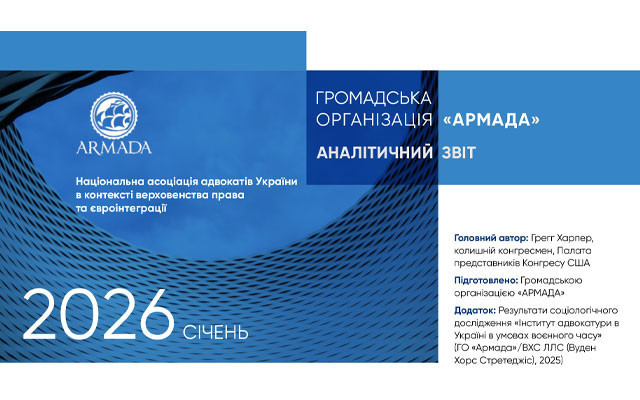
European integration
A translation of the report on advocacy presented to the European Parliament has been published
A translation of a research report on the Ukrainian advocacy profession in wartime, previously presented to the European Parliament in Brussels, has been published. The document is presented as a basis for discussion on the rule of law, Ukraine's European integration aspirations, and countering Russian disinformation in the legal sphere.
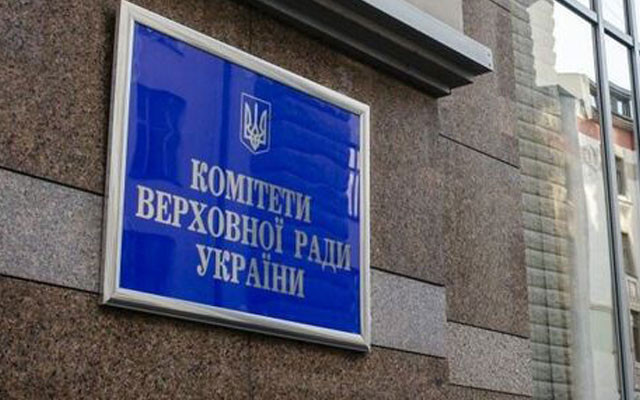
Legislation
The Verkhovna Rada Committee criticized the format of the government working group on advocacy
The implementation of the Roadmap on the rule of law (approved by Cabinet of Ministers Resolution No. 475-r of May 14, 2025) in relation to advocacy raises the practical question of who exactly should prepare legislative changes and how.
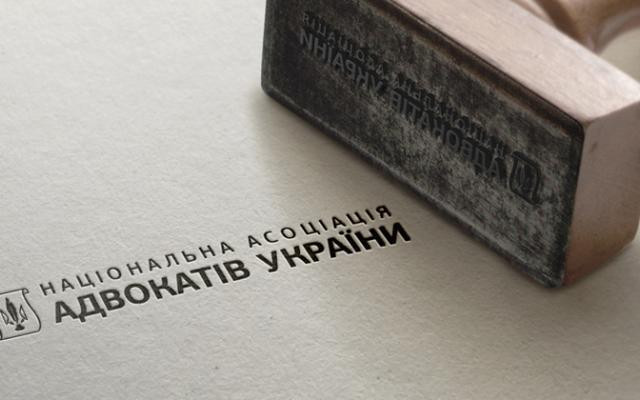
Self-government
The BCU demands a review of the composition of the government working group on reforming the advocacy profession
The President of the UNBA, BCU Lidiya Izovitova, appealed to the Cabinet of Ministers of Ukraine to review the composition of the working group on improving legislation in the field of advocacy and legal practice.
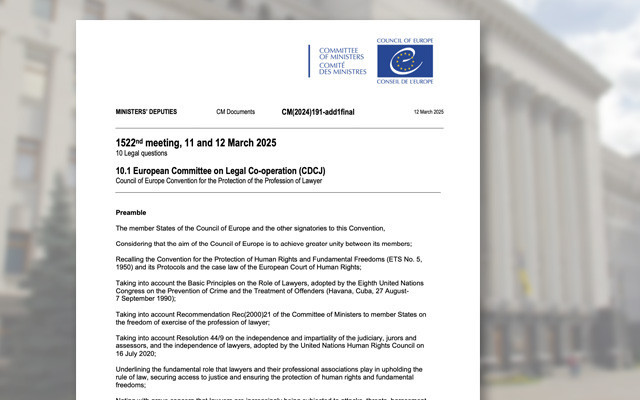
Guarantees of the practice of law
The President has determined, who will sign the Convention for the Protection of the Profession of Lawyer
President of Ukraine Volodymyr Zelenskyy authorized Ukraine's Permanent Representative to the Council of Europe Mykola Tochytskyi to sign the Council of Europe Convention for the Protection of the Profession of Lawyer.

Discussion
Why lowering the age of marriage lacks legal logic
Although until 2012 there was a provision in family law that allowed children to marry from the age of 14 under certain circumstances, its return to Ukrainian law would contradict international obligations and the logic of criminal law.
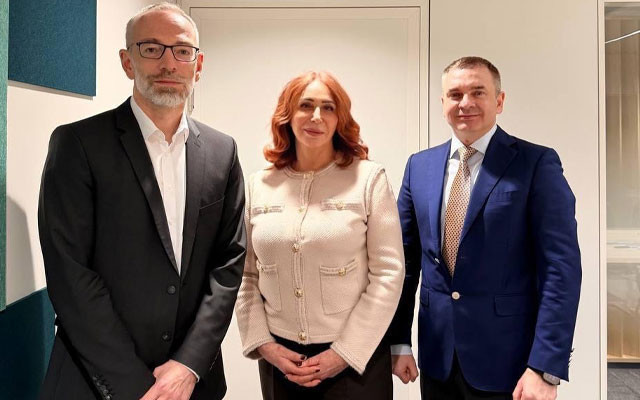
European integration
Open dialogue between the UNBA and the European Commission on the path to EU
The Ukrainian National Bar Association held a working meeting in Brussels with Mr Wolfgang Nozar, Head of Unit for Governance, Rule of Law and Financial Assistance, Directorate-General for Enlargement and Eastern Neighbourhood (DG ENEST), European Commission.

Self-government
A report on Ukrainian advocacy was presented in the European Parliament
Can a shadow report on advocacy replace the political framework of the Roadmap on the rule of law with demands for the restructuring of self-government? Where is the line between accountability and the seizure of institutions? And how can we respond to narratives with data rather than impressions?
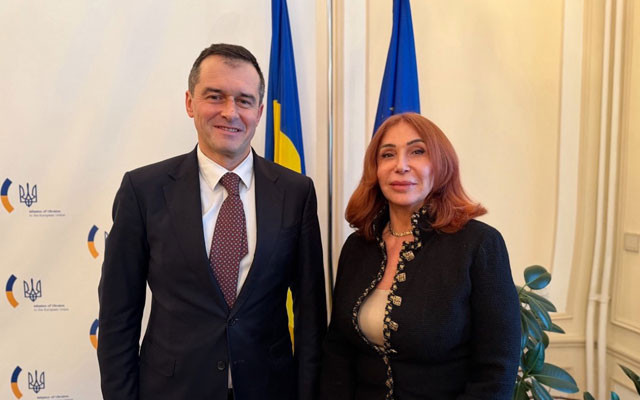
European integration
UNBA and Ukraine's representation to the EU have synchronized their priorities
On February 5, in Brussels, the President of the UNBA, BCU Lidiya Izovitova held a working meeting with the Ambassador Extraordinary and Plenipotentiary of Ukraine, Representative of Ukraine to the European Union Vsevolod Chentsov.
Publications

Volodymyr Matsko Extradition as a systemic form of rights violations

Victoria Yakusha, Law and Business The anti-corruption vertical cannot «take care» of the Bar as an institution, - acting head of the HQDCB

Censor.net Protecting advocates – protecting justice: addressing concerns about the new law

Ihor Kolesnykov A BRIEF SUMMARY REGARDING THE APPLICATION OF THE ORDER ON EXTENDED CONFISCATION IN LATVIA REGARDING FINANCIAL ASSETS OF…

Valentyn Gvozdiy WORKING IN A WAR ZONE

Lydia Izovitova Formula of perfection

Sergiy Vylkov Our judicial system is so built that courts do not trust advocates

Iryna Vasylyk Advocacy in the proclamation of Independence of Ukraine
